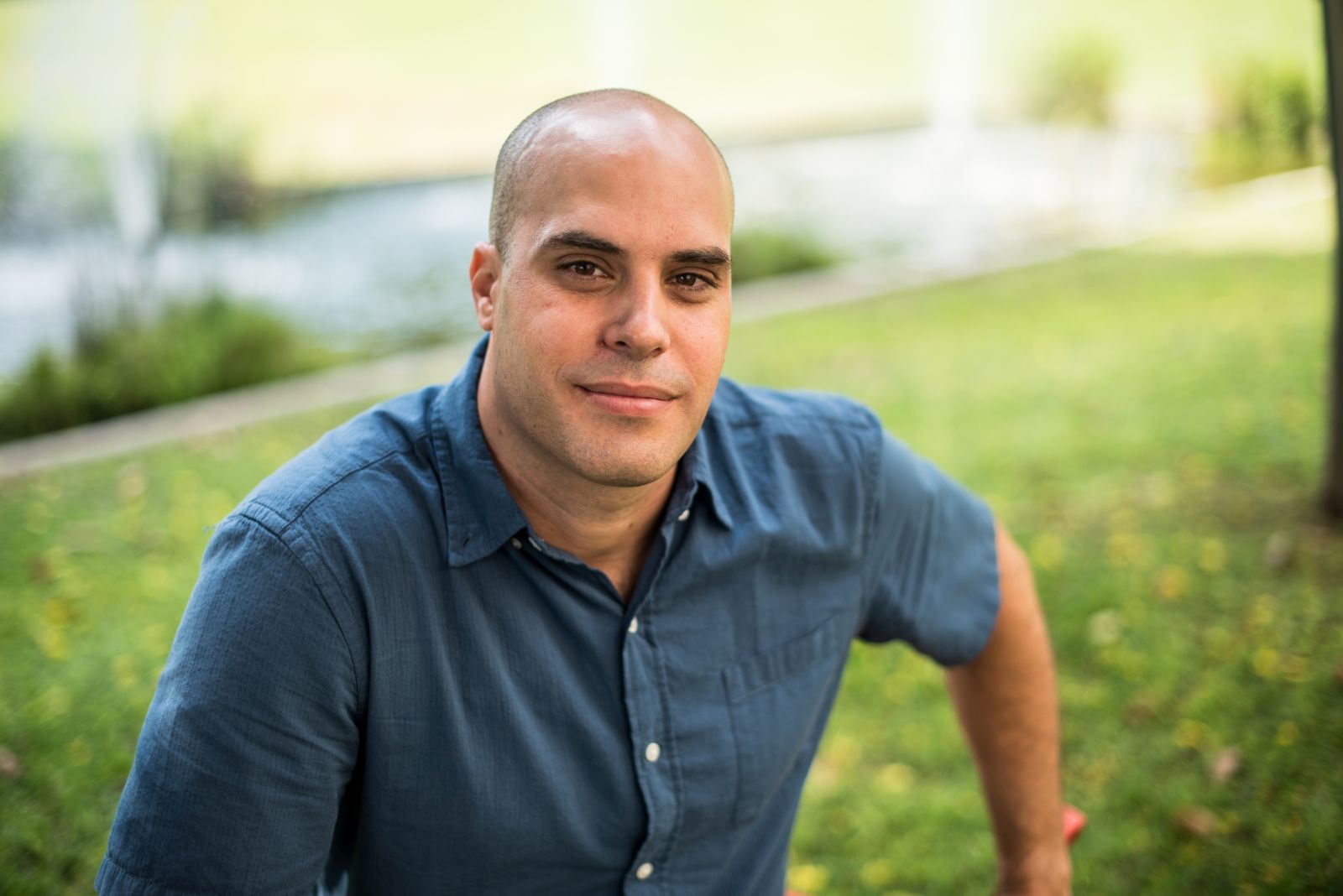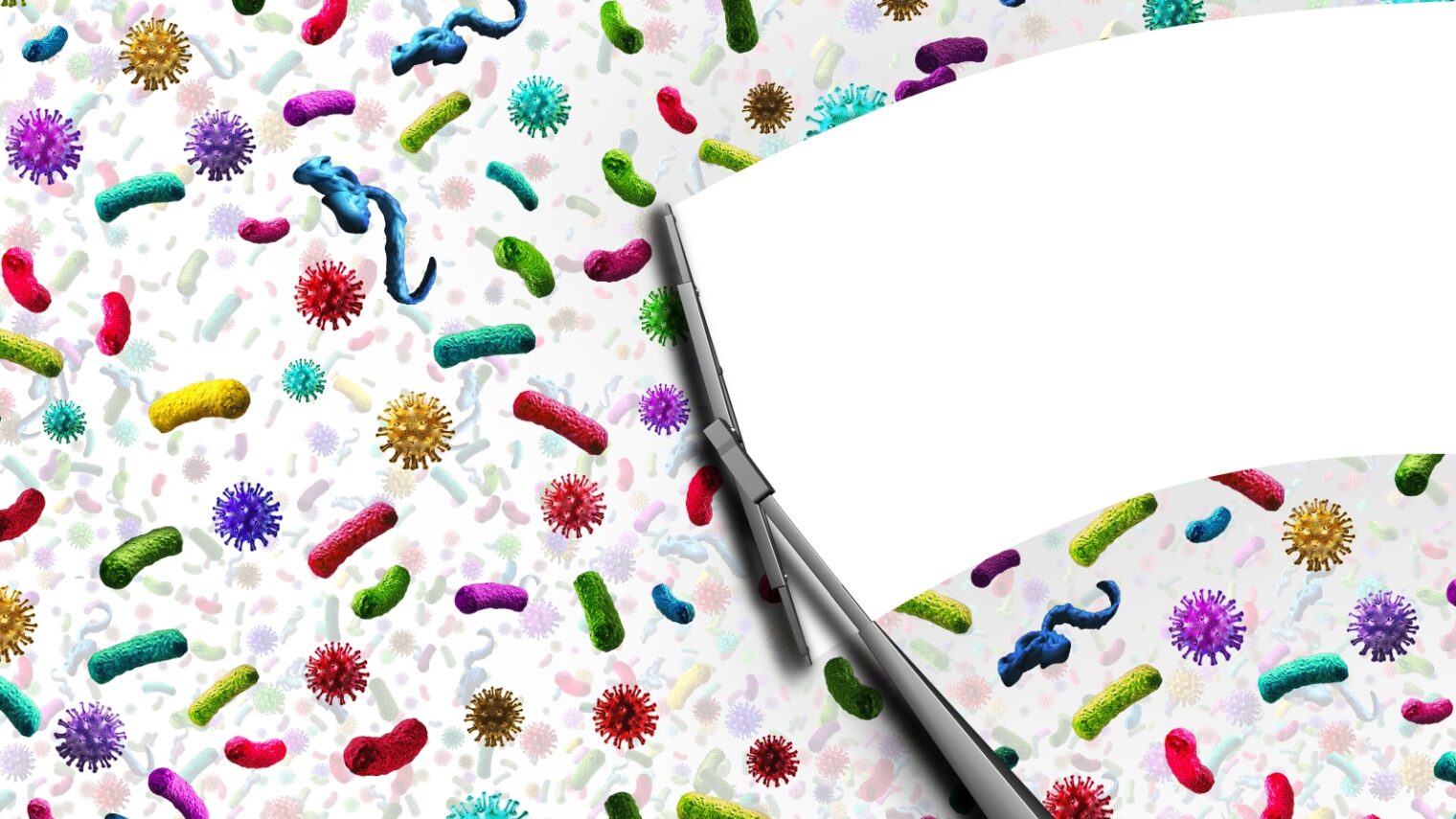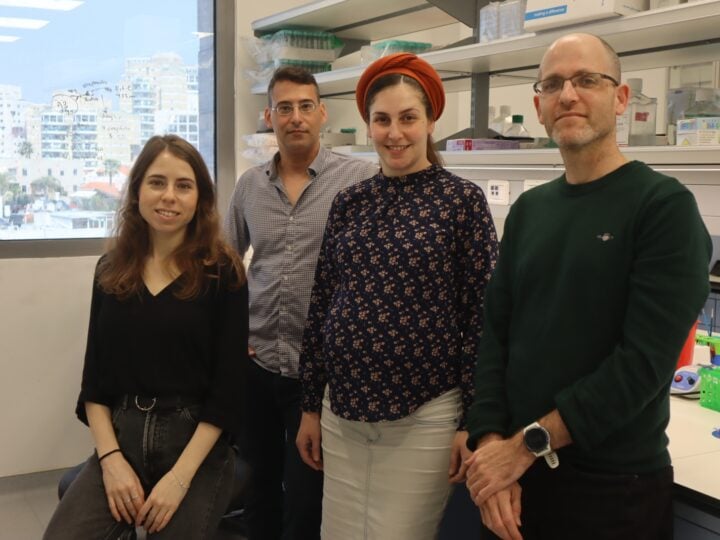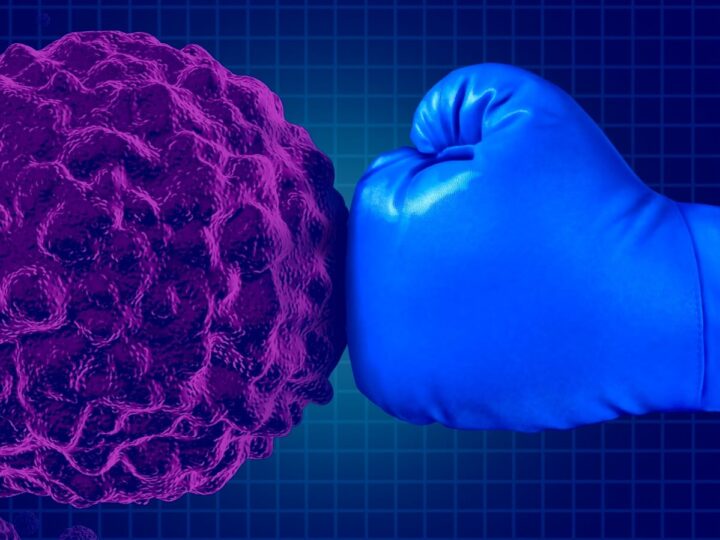Immunotherapy was once the black sheep of cancer research. Originally conceived over a century ago, it aims to stimulate a patient’s own immune system to fight cancer. That’s a very different approach than chemotherapy, which essentially poisons tumors.
Early trials of immunotherapy in the 1900s and a second round of experiments in the 1980s caused toxic side effects. That led oncologists to dismiss this approach– until 2011, when a new immunotherapy treatment gave patients with metastatic melanoma years of tumor-free extra life.
By 2013, Science magazine had named immunotherapy the “breakthrough of the year” and immunotherapy became the cancer community’s great hope for a cure.
In 2017, California’s Gilead Sciences paid a stunning $11.9 billion to acquire Kite Pharma, which commercialized an Israeli-developed immunotherapy treatment called CAR-T.
And yet, for all its promise, immunotherapy is still in its early days. Only a small number of patients suffering from a few specific cancer types are responding positively so far.
Israeli scientist Rony Dahan thinks he knows why. And he’s set out to do something about it.

After completing a post-doc at New York’s Rockefeller University, Dahan has become principal investigator in the Cancer Immunology and Immunotherapy Lab at the Weizmann Institute of Science in Rehovot.
One of Dahan’s main areas of research is the protein CD40, which activates the immune system to fight tumors when stimulated by specific antibodies.
Attempts to develop antibodies to nudge the CD40 protein have not been particularly successful.
“Antibodies that activate CD40 showed great promise in animal models at Rockefeller and elsewhere,” Dahan says, “but in several international patient trials, we’ve seen a big gap between that promise and clinical efficacy.”
One possible problem: antibodies are shaped like a Y. Most researchers had been looking at how the “arms” of the antibodies reach out to bind to the proteins. Dahan decided to look at the “trunk” of the Y, which interacts with what are called “Fc” receptors on the immune cell.
“We discovered that, because the existing drugs were not designed to target Fc receptors, they elicited only moderate clinical activity,” Dahan says. “So we engineered a second-generation drug that targeted certain Fc receptors and optimized their positive effect.”
The nuances surrounding Fc receptors can be significant. The receptor FcRIIB, for example, is essential for the therapeutic activity of CD40 antibodies. But engage the FcRIIA receptor and the activity becomes compromised.
30 times more effective
Modifying antibodies to target the right Fc receptor structures has yielded some astonishing results, making CD40 immunotherapy drugs up to 30 times more effective.
Dahan is now working on preparing Phase I clinical trials and he’s continuing to study the role of Fc receptors to “better understand how the immune system targets tumors and to improve cancer immunotherapy,” he explains.
Dahan’s innovation started with mice. “We developed a new kind of mouse model where the mouse expresses several key human proteins instead of their mouse homologues,” Dahan tells ISRAEL21c. “This allows us to take human-based immunotherapy drugs and test them in the mouse. And because they’re already humanized, we can proceed to trying the medications on human patients relatively quickly.”
That path is increasingly common in the antibody-based therapy world. For example, the anti-tumor treatment Rituximab, which works with a different antibody that targets the CD20 protein and was developed to fight the blood cancer lymphoma, is made from a combined (“chimeric”) mouse-human antibody. Its next-generation follow-up, Obinutuzumab, is based on a modified human antibody.
Normally it takes years to move a drug from development to commercial availability, but Dahan says the US Food and Drug Administration (FDA) often grants accelerated approvals for promising immunotherapies “since we’re dealing with advanced tumors” where there’s not much hope of a cure using existing drugs.
Personalized cancer therapy
Dahan grew up in Rehovot and would frequently visit the nearby Weizmann Institute where his aunt and uncle, both immunologists living in the United States, would come every summer.
“Visiting them on campus got me started on my career path, and I’m glad to be back,” he says.
Dahan received his bachelor’s degree in molecular biology and a PhD in molecular immunology from the Technion – Israel Institute of Technology in Haifa, where he’s won numerous awards. His current work is supported by the Benoziyo Fund for the Advancement of Science, the Pearl Welinsky Merlo Foundation and the Rising Tide Foundation.
Immunotherapy is part of a growing trend toward personalized medicine. Dahan says that labs like his must work on “developing biomarkers to identify which patients will respond and which will not, so that it’s not a matter of a chance. Once we understand how the drugs work, we can match the right drug to the right person and we won’t waste a critical treatment period on a drug which is not effective and which can be very expensive and have toxicity.”
Toxicity remains an ongoing challenge for immunotherapy. “Many of the antibodies we’re working with are so highly toxic, we can’t exploit the full potential using high doses,” Dahan tells ISRAEL21c. “But smaller doses may not have maximal efficacy. That’s our challenge: how to increase efficacy while decreasing toxicity.”
Ultimately, the goal in immuno-oncology is to eliminate chemotherapy in favor of targeted medicines. There will be many unexpected twists along this road.
“If you look back 100 years ago, before the discovery of antibiotics and the wide use of vaccinations, more people were dying from infections than from cancer,” Dahan says. “Now that we’re living longer, we get exposed to new and different diseases. With any promise always comes new challenges.”

















